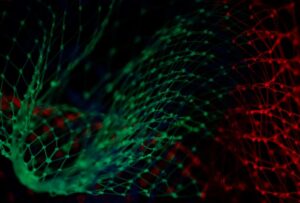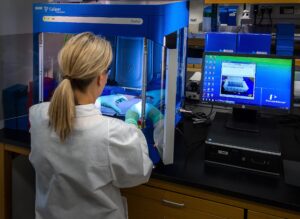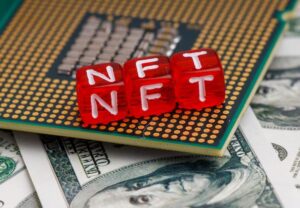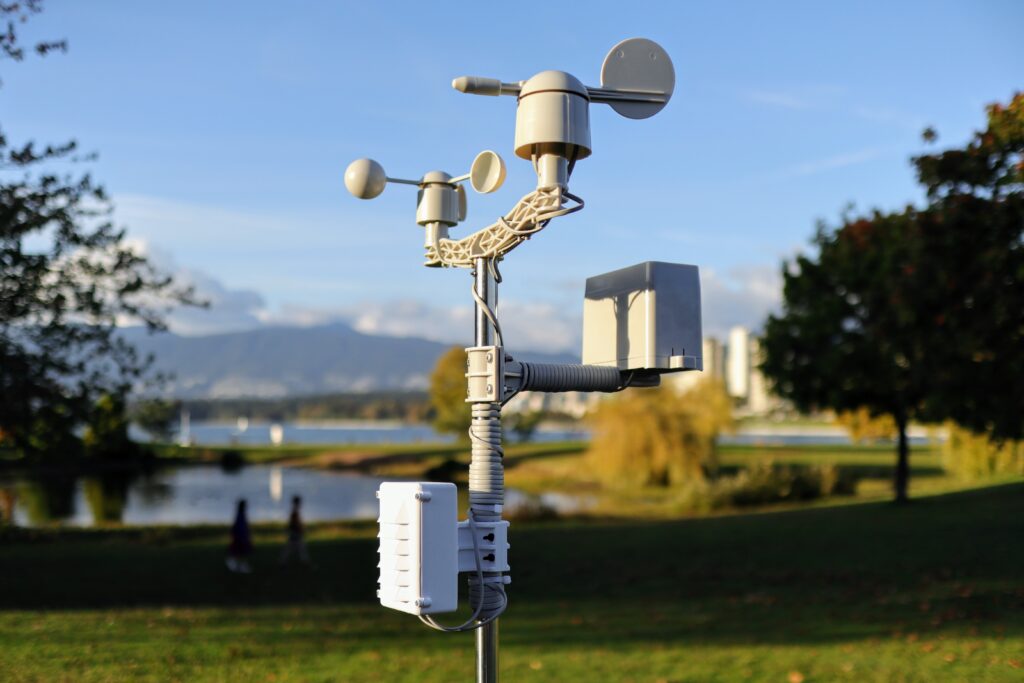
The Internet of Things (IoT) is a term used to describe the network of physical objects, devices, vehicles, and other items that are connected to the internet and can communicate with each other. The IoT has been growing rapidly over the past decade and has already had a significant impact on society. In this article, we will explore some of the ways in which the IoT has impacted various industries and the world at large.
- Healthcare
The IoT has revolutionized the healthcare industry by making medical devices and patient monitoring more accessible and affordable. With IoT-enabled devices, doctors and nurses can remotely monitor patients and track their vital signs, reducing the need for in-person appointments and hospital visits. Wearable devices, such as fitness trackers, also allow individuals to monitor their own health and share data with healthcare providers. The IoT has also made it possible to develop smart hospitals, where everything from patient care to energy management is automated and optimized.
- Agriculture
The IoT has the potential to transform the agriculture industry by improving crop yields and reducing waste. IoT sensors can be used to monitor soil moisture, temperature, and nutrient levels, helping farmers make data-driven decisions about planting, irrigation, and fertilization. IoT-enabled drones and robots can also be used to monitor crops, identify pests and diseases, and perform precision spraying and harvesting. The IoT can also help farmers optimize their supply chains and reduce food waste by providing real-time data on inventory levels and demand.
- Transportation
The IoT is transforming the transportation industry by making vehicles smarter and more efficient. IoT-enabled sensors can be used to monitor everything from tire pressure to engine performance, reducing the risk of breakdowns and improving fuel efficiency. The IoT also allows for real-time tracking of vehicles and shipments, making logistics more efficient and reducing delays. Connected cars are also paving the way for autonomous vehicles, which could revolutionize transportation by reducing accidents and congestion.
- Manufacturing
The IoT is transforming the manufacturing industry by enabling the development of smart factories. IoT sensors can be used to monitor everything from machine performance to inventory levels, helping manufacturers optimize their production processes and reduce downtime. The IoT also enables real-time tracking of products, making it easier to manage supply chains and prevent counterfeiting. Smart factories also enable manufacturers to customize products and improve quality control.
- Retail
The IoT is transforming the retail industry by making shopping more personalized and convenient. IoT-enabled devices, such as smart mirrors and RFID tags, can be used to provide customers with personalized recommendations and promotions based on their shopping history and preferences. The IoT also enables retailers to optimize their supply chains and reduce waste by providing real-time data on inventory levels and demand. Connected stores can also provide a more seamless shopping experience, with features such as automated checkout and real-time inventory tracking.
- Smart Homes
The IoT is transforming the way we live by making our homes smarter and more connected. IoT-enabled devices, such as smart thermostats and lighting systems, can be used to automate and optimize energy usage, reducing costs and environmental impact. Smart home security systems can also be used to monitor homes remotely and alert homeowners to potential threats. The IoT also enables the development of home automation systems that can be controlled through voice commands or mobile apps.
- Energy
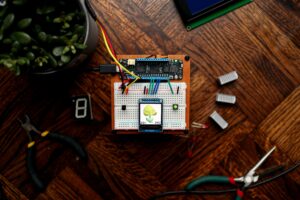
Here are 10 key points summarizing the impact of the Internet of Things:
- The IoT has revolutionized various industries by enabling the collection and analysis of real-time data.
- In healthcare, the IoT has made medical devices and patient monitoring more accessible and affordable, and has enabled the development of smart hospitals.
- The IoT has transformed the agriculture industry by improving crop yields and reducing waste through IoT sensors and drones.
- The IoT is making vehicles smarter and more efficient, paving the way for autonomous transportation.
- In manufacturing, the IoT is enabling the development of smart factories that optimize production processes and improve quality control.
- The IoT is transforming the retail industry by providing personalized shopping experiences and real-time inventory tracking.
- Smart homes are becoming more common with IoT-enabled devices such as thermostats and security systems, making homes more energy-efficient and secure.
- In the energy industry, the IoT is enabling the development of smart grids and demand response systems that optimize energy usage.
- The IoT presents challenges such as privacy and security concerns, data management issues, and job displacement.
- Overall, the IoT has the potential to transform nearly every aspect of our lives, and it is important to address its challenges while embracing its opportunities.
The IoT is transforming the energy industry by enabling the development of smart grids. IoT-enabled sensors can be used to monitor energy usage and grid performance, helping utilities optimize their operations and reduce costs. The IoT also enables the development of demand response systems, which can automatically adjust energy usage in response to changes in demand or supply. Smart meters also allow for real-time tracking of energy usage, making it easier for consumers to monitor and manage their energy consumption.
In conclusion, the Internet of Things has had a significant impact on various industries and the world at large. From healthcare and agriculture to
transportation, manufacturing, retail, smart homes, and energy, the IoT has revolutionized the way we live, work, and interact with the world around us. The ability to collect, analyze, and share data in real-time has created opportunities for greater efficiency, automation, and personalization.
However, the IoT also presents challenges and risks, including privacy and security concerns, data management issues, and the potential for job displacement. As the IoT continues to evolve and expand, it is important to address these challenges and work towards a more sustainable and equitable future.
Overall, the impact of the IoT is still being realized, and it has the potential to transform nearly every aspect of our lives. By embracing the opportunities presented by the IoT while also addressing its challenges, we can create a more connected, efficient, and sustainable world.

